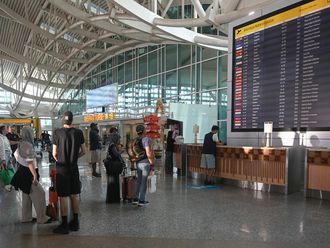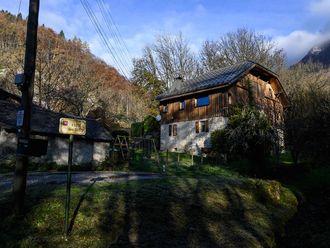Colombo: Major Ravana is a small lean man, energetic and friendly.
"So you're going to Jaffna," he says. "That's quite a journey. It is safe to travel there but you will need permission from the Ministry of Defence."
The major has just returned from a joint officer's training course with the Bangladesh military. His battalion is also stationed in the Jaffna Peninsula, and will be heading up there after several days' leave in his Colombo-area home.
He's a career military man, earning his commission 18 years ago. For him, the peace in Sri Lanka of the past year has been hard won.
He fought his way up and down the Jaffna peninsula, losing some 40 men under his command in the process.
"I lost good men to the [LTTE] terrorists," he says. "I had many more men dreadfully wounded, losing limbs, eyes. It was a bloody victory but at last there is peace now."
Major Jayasinghe prickles at any suggestion members of the Sri Lankan military committed war crimes against either LTTE fighters of Tamil civilians caught up in the last desperate days of the war.
"Absolutely not," he says. "The LTTE were terrorists and they committed terrible crimes against Sri Lankans for many years."
On June 20, UN chief Ban Ki-moon named a panel to look into alleged war crimes committed during the final months of the island's civil war.
President Mahinda Rajapakse says the panel is "unwarranted and uncalled for."
The exact mandate of the panel is not yet clear, but diplomats said the team could be a precursor to a full-blown war crimes investigation.
The UN has said that at least 7,000 ethnic Tamil civilians perished in the first four months of last year, just before the government claimed final victory over the Tigers. The military has also been accused of executing surrendering rebels.
For Major Ravana, the issue at hand is a matter of rebuilding Sri Lanka and making sure peace and security is provided for all. "We will never go back to the times of terrorism," he says. "Never. The war is over. Now we must build the peace."












